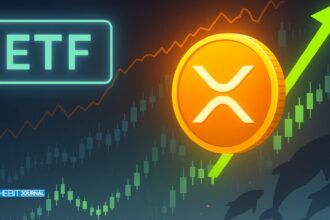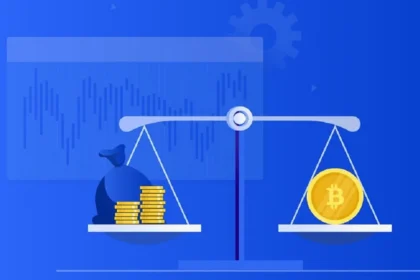The Capital Markets Board of Turkey (SPK) has taken a significant step impacting local cryptocurrency investors. The regulatory body has blocked access to the global Bitcoin and altcoin exchange MEXC, marking another critical move in Turkey’s approach to regulating the crypto space.
Why Did SPK Block MEXC?
SPK’s decision to block MEXC is part of ongoing efforts to ensure compliance with Turkey’s stringent crypto regulations. These rules require crypto exchanges operating in Turkey to establish a local entity and align their global operations with local regulatory standards. The crackdown particularly targets platforms that allow leveraged trading, which raises concerns about protecting individual investors.
This decision leaves many investors searching for alternative platforms. Experts, however, advise traders to use platforms authorized by SPK and compliant with Turkish laws to avoid financial and legal risks. The restriction on MEXC reinforces Turkey’s broader strategy to limit the activities of unauthorized platforms within its borders.
Coinbase Exits Turkey Amid Regulatory Challenges
MEXC is not alone in facing regulatory hurdles in Turkey. Coinbase, a major global player, recently exited the Turkish market, highlighting the challenges posed by the country’s tightened regulatory environment. Turkey’s stricter rules have created significant obstacles for crypto firms, forcing them to make difficult decisions.
![]()
Earlier this year, SPK listed Coinbase among 14 firms required to cease operations in Turkey. Meanwhile, larger platforms like Binance and KuCoin have managed to stay operational by scaling back their local presence. Both exchanges have reduced marketing efforts and discontinued Turkish language support to adapt to the changing landscape.
Broader Implications for the Crypto Market
Turkey’s regulatory environment reflects a global trend of increasing oversight in the cryptocurrency industry. In Europe, for instance, Coinbase recently ceased offering USDC yield programs, citing new EU regulations. The exchange also announced plans to delist Wrapped Bitcoin (WBTC) by December 19, 2024, as part of its strategic adjustments.
These developments underscore the challenges crypto firms face as they navigate regulatory landscapes in different regions. For investors, platforms like Binance and KuCoin remain operational but are adapting to meet regulatory requirements, offering some stability amidst the turbulence.
For readers of The Bit Journal, these events highlight the importance of understanding local regulations when engaging with cryptocurrency platforms. As the crypto market matures, compliance and adaptability will be crucial for both investors and exchanges.
- https://twitter.com/Thebitjournal_
- https://www.linkedin.com/company/the-bit-journal/
- https://t.me/thebitjournal
Follow us on Twitter and LinkedIn and join our Telegram channel to get instant updates on breaking news!





























